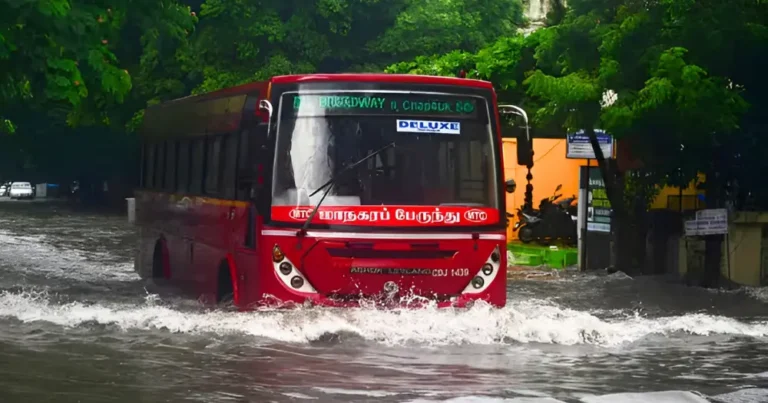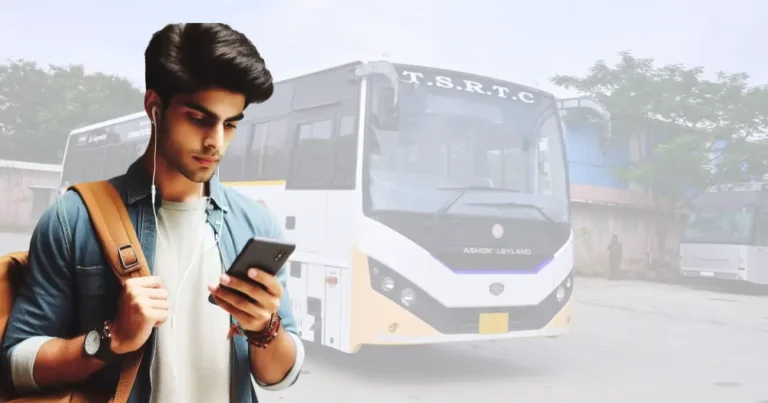APSRTC to Launch 750 Electric Buses Across Andhra Pradesh in Phased Manner

The Andhra Pradesh State Road Transport Corporation (APSRTC) is set to introduce 750 electric buses across the state, marking a significant step toward sustainable and modern public transport.
Supported by the central government, the rollout will take place in a phased manner, beginning with high-density urban routes.
Also Read: How to Book APSRTC Bus Tickets on WhatsApp: A Step-by-Step Guide
Key Highlights
| Area | Details |
|---|---|
| Total Buses (Phase 1) | 750 electric buses |
| Implementation Model | Phased rollout |
| Initial Operation | High-density routes and major urban centres |
| Future Expansion | District-level towns and rural routes |
| Supporting Infrastructure | Charging stations across cities and key highways |
| Primary Objectives | Reduce emissions, modernize transport, and lower operational costs |
Tenders Finalized, Production Underway
- The procurement process has been completed, and the selected firm is actively manufacturing the bus bodies.
- APSRTC aims to ensure timely delivery and rollout in alignment with its broader transport electrification goals.
Charging Infrastructure in Progress
- The government is establishing a network of electric bus charging stations across:
- Major cities
- Key intercity highway corridors
- The infrastructure is designed to support uninterrupted electric bus operations throughout the state.
Phased Rollout Strategy
- In the initial phase, buses will operate on:
- Urban high-density routes
- Major city corridors
- Gradual expansion will cover:
- District-level transport routes
- Rural connectivity needs
Also Read: APSRTC Free Bus Scheme for Women: Online Application, Eligibility
Towards Cleaner, Cost-Effective Public Transport
- APSRTC officials stated that the electric buses will:
- Enhance passenger comfort and service reliability
- Reduce the environmental footprint of public transport
- Lower long-term fuel and maintenance costs
- The initiative is part of a larger plan to transition a significant share of the public bus fleet to electric in the coming years.
Catch the latest Bus Industry updates, Exclusive Interviews, Bus News, and International Bus News on Coach Builders India. Download the latest issue of the The Bus Insider magazine for more insights.






